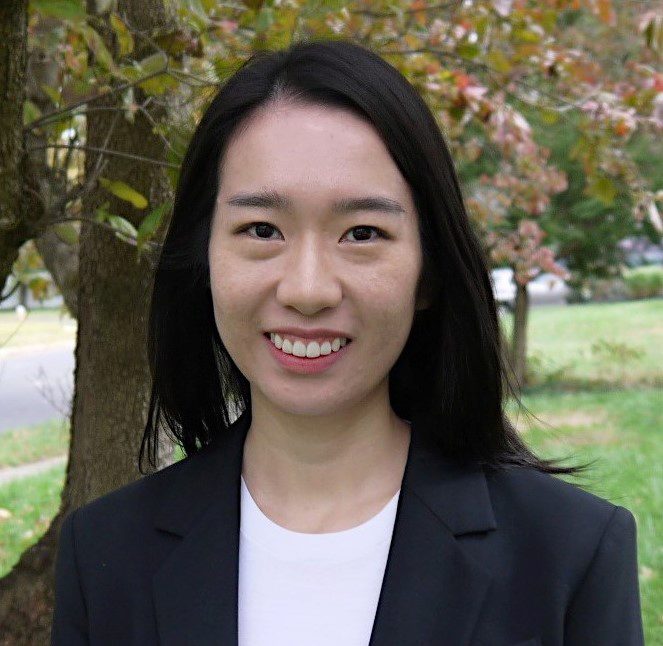Many U.S. states are launching state-sponsored auto-enrollment retirement plans, with the goal of boosting retirement savings among private-sector workers lacking access to employer-sponsored retirement plans. This paper provides an analysis of state-sponsored auto-enrollment plans, and specifically, the plan’s default contribution rate. We develop a tractable framework to derive the optimal default contribution rate taking into account workers’ decisions on adhering to the default contribution rate. The optimal default contribution rate is shaped by the social benefits of increased savings due to adherence to the default that keeps workers from undersaving, while reducing reliance on means-tested social transfers. The optimal default contribution rate is also counterbalanced by the social benefits of action when an undesirable default option compels workers to make an active decision. To estimate these counterbalancing social welfare forces, we use individual-level administrative and survey data from OregonSaves, the state-sponsored plan offered by the Oregon state government, and suggest the optimal default contribution rate to be 8%.
Mingli Zhong

- Ph.D. Candidate in Economics
Contact Information
- Primary Email:
mingliz@wharton.upenn.edu - Mobile Phone:
(585) 754-8647
- office Address:
3733 Spruce Street, 300 Vance Hall, Philadelphia, PA 19104-6302
Research Interests: Public Economics, Household Economics, Behavioral Economics
Links: CV
Activity
Latest Research
Mingli Zhong (Working), Optimal Default Retirement Saving Policies: Theory and Evidence from OregonSaves (Job Market Paper).
All ResearchIn the News
Jeremy Siegel on Inflation, Fed Policy, and Market ResilienceWharton emeritus professor of finance offers insight into U.S. economic trends, including tariffs, AI-driven growth, and Federal Reserve leadership.…Read More
Knowledge @ Wharton - 2025/07/25Awards and Honors
Dissertation Fellowship from the Social Security Administration and the Center for Retirement Research at Boston College 2019
All Awards

